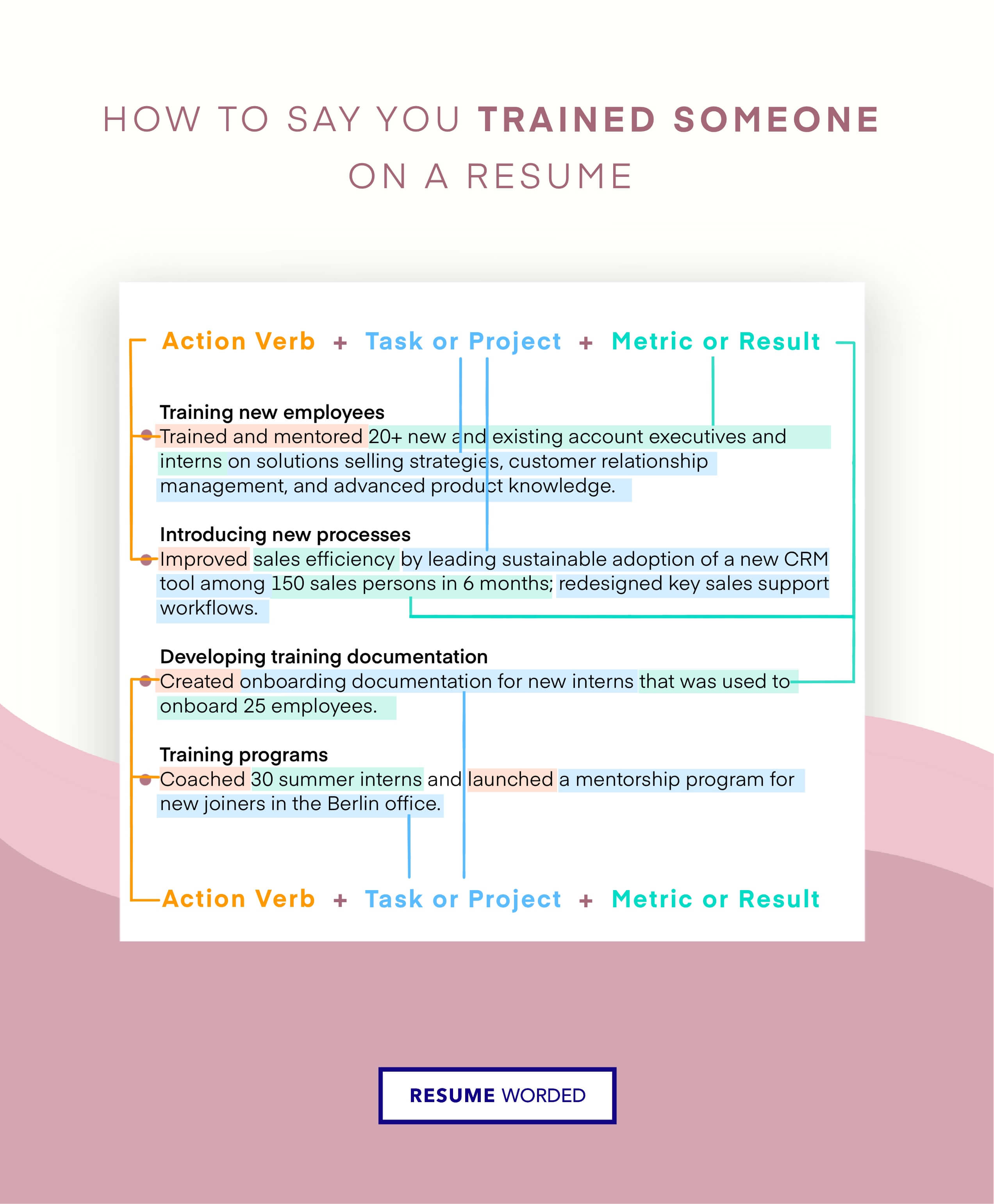
It is important to set goals for your career in order to keep up with current trends and learn new things. These goals can be both short-term and long-term. They can also help you improve your personal and professional lives. A good example of a learning goal is to learn a new programming language. Learning new skills can help you become more useful and relevant in your professional and personal lives.
SMART approach to career goals
A SMART approach to career goals can help you to focus on measurable goals and measure progress. A SMART goal should have a specific time frame and be detailed. It should contain a precise location, an event relevant to the goal, as well as why it is important.

Relevant
You must have specific goals if you want to be relevant in your job. Your goals should be based on your passions and the needs of society. Keep an eye out for changes in the market so you can adjust your goals if necessary. Also, set realistic time limits to achieve each goal.
Attainable
Setting career goals will help increase your appreciation of your field and your ability to find work, especially in competitive industries. One example is if you plan to become a doctor. This goal could be to keep abreast of new medical research and create effective treatment plans. You might read medical journals or attend conferences to do this.
Measurable
Measurable career goals are ones that you can measure in some way. One example is to be able to pay off debt or start a website. It is important to consider the time it will take for you reach your career goals.
Relevant for the long term
When setting career goals, it's important to be realistic and relevant. It is important to be specific and clear in your goals.

Flexible
An ideal work environment will require flexibility when setting career goals. It allows workers the ability to adapt to changes in their life and is an important part to setting goals for your career.